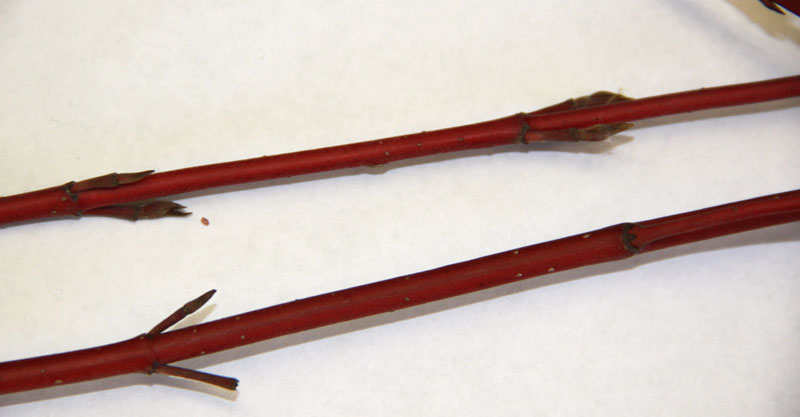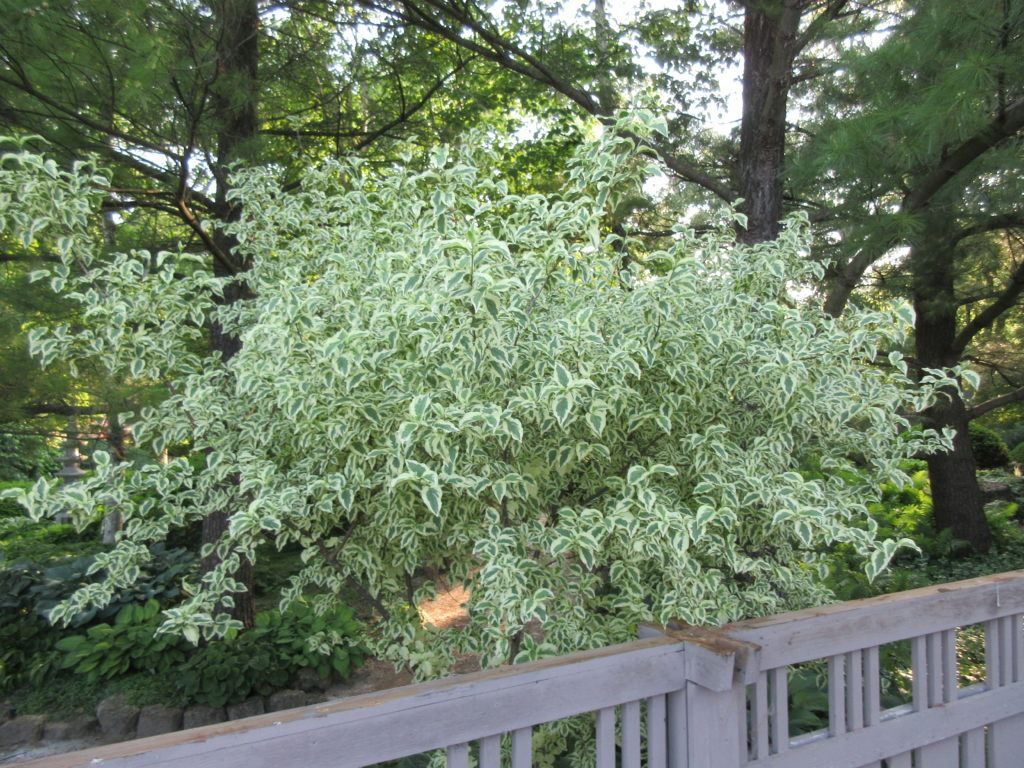

#Cornus mas deer plus#
Special thanks to our cooperators on this project: Helen Heinrich, Certified Landscape Architect James Messina, Certified Landscape Architect, Landscape Plus Valerie Sudal, Garden Writer, The Newark Star-Ledger and numerous landscapers, Master Gardeners, and nurserymen who provided ratings. Kousa Dogwood View photo of Kousa Dogwoodįlowering Dogwood View photo of Flowering Dogwoodġ Check other rating categories to find additional species or cultivars of this genus.Ĭontent: Pete Nitzsche, Pedro Perdomo, and David Drakeĭatabase Design: Kathy Robinson and Phil Wisneski Success of any of these plants in the landscape will depend on local deer populations and weather conditions. Drooping foliage turns dull purple in the fall.

Golden in the spring, fading to a lime-green colour. Oval, glossy, red fruit, held in clusters, attractive to birds. Cornus mas, commonly known as cornelian cherry, is a deciduous shrub or small tree. Plants Occasionally Severely Damaged and Frequently Severely Damaged are often preferred by deer and should only be planted with additional protection such as the use of fencing, repellents, etc. Small, yellow flowers bloom before forsythia. Realizing that no plant is deer proof, plants in the Rarely Damaged, and Seldom Severely Damaged categories would be best for landscapes prone to deer damage. Half-inch diameter berries mature to a showy, bright red in summer Resistant to deer. The list was compiled with input from nursery and landscape professionals, Rutgers New Jersey Agricultural Experiment Station (NJAES) Cooperative Extension personnel, and Rutgers Master Gardeners in northern New Jersey. CORNUS MAS HEDGE DETAILS Deer Resistance: Yes Watering Requirements: Moderate Growth Rate: Moderate, up to 2 per year Mature Size: Up to 12 height and 4. Applied to plants with real or supposed medicinal use.The following is a list of landscape plants rated according to their resistance to deer damage. Cornus mas Cornelian Cherry Dogwood 199.00 - 279.00). Cornus is also the Latin name for cornelian cherry. Genus name comes from the Latin word cornu meaning horn in probable reference to the strength and density of the wood. Miller Botanical Garden which debuted in 2001 with the first recommendations for a comprehensive palette of outstanding plants for the maritime Pacific Northwest. extent of damage, as well as the deer popula- tion in the area, availability of alternate deer. Exfoliating bark has tones of gray and brown. Welcome to Great Plant Picks Great Plant Picks (GPP) is the primary educational program of the Elisabeth C. Flowers are followed in fall by oblong red fruits (drupes) that are technically edible but astringent. Yellow flowers appear in late winter to very early spring before the leaves in 3/4” wide clusters (umbels). or deer-resistant plants no plant species will be avoided by deer under all conditions. The species name, alba, means 'white.' This references the white fruits. Plums Sorbus aucuparia European mountain ash. The genus name, Cornus, is from the Latin word, cornu, which means 'horn, referencing the hardness of the wood. Variable fall color ranges from drab pale yellow to attractive reddish-purple. Cornus mas Cornelian cherry dogwood Malus spp. Ovate to elliptic, dark green leaves (to 4 3/4” long). It is very similar to Cornus mas, except it grows with a slightly more open habit, flowers one week earlier, has more attractive bark and often has brown hair tufts in the vein axils on the leaf undersides. In fact, Arbor Day Foundation lists Kousa dogwoods as seldom severely damaged, the second highest degree of deer resistance a tree. We’ve never eaten them, but these are supposed to be quite good, although sour. Native to central and southern Europe into western Asia. Propagate by semi-hardwood or hardwood cuttings or grafting. Promptly remove any suckers to prevent spread. Low maintenance, this plant is deer resistant and generally pest and disease free.

Cornelian cherry is resistant to cold environmental conditions, pests, and deer. Cornus mas, aka Cornelian cherry dogwood, is another imported landscape plant native to Eurasia that produces an edible fruit. Perfect as a specimen plant, as hedge or screen, for cottage gardens. It usually grows as a large, spreading, multi-stemmed, deciduous shrub to 15-25’ tall. Cornelian cherry (Cornus mas) is flowering deciduous shrub native to. Cornus officinalis, commonly called Japanese cornel dogwood, is native to China, Japan and Korea.


 0 kommentar(er)
0 kommentar(er)
